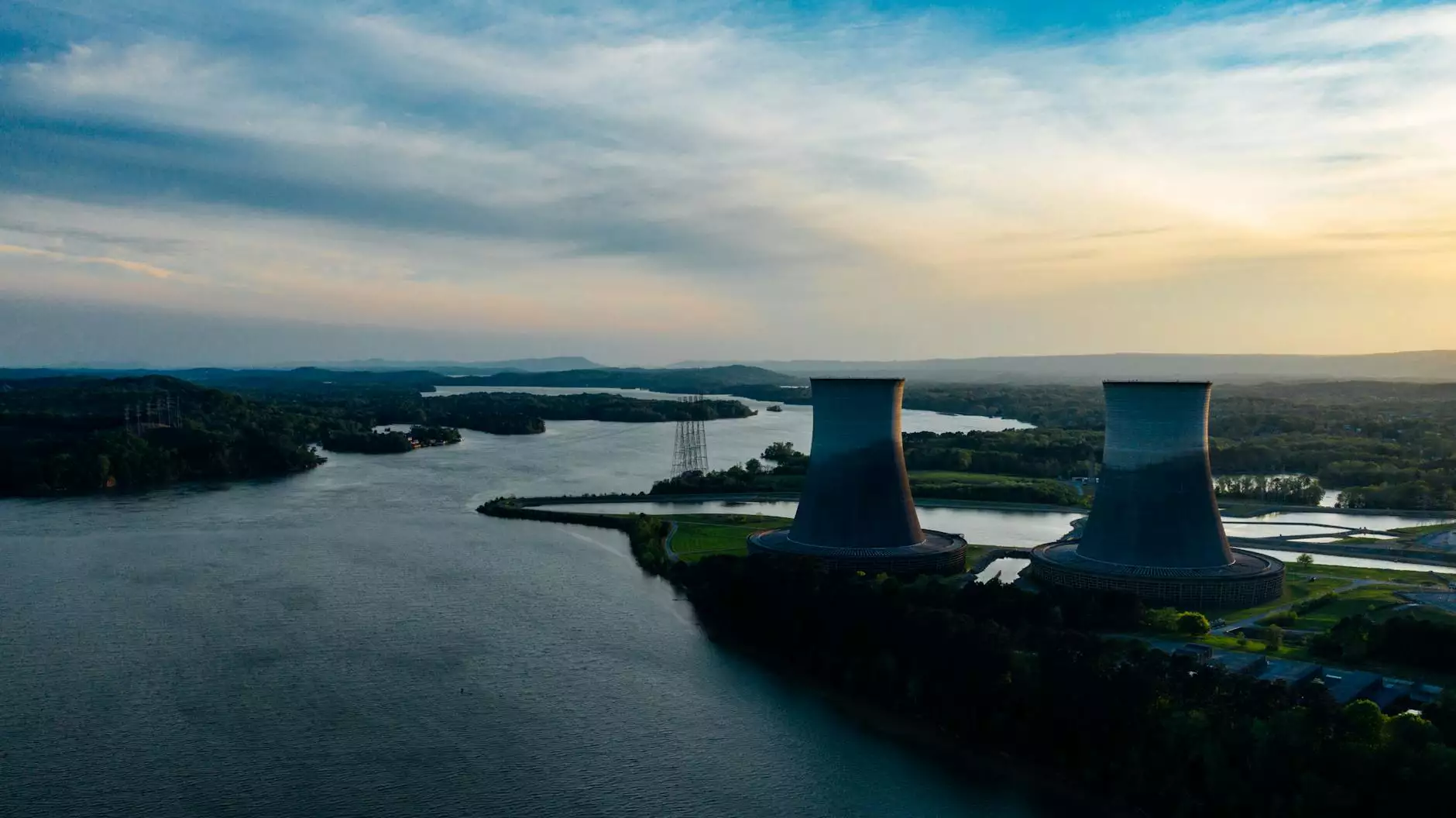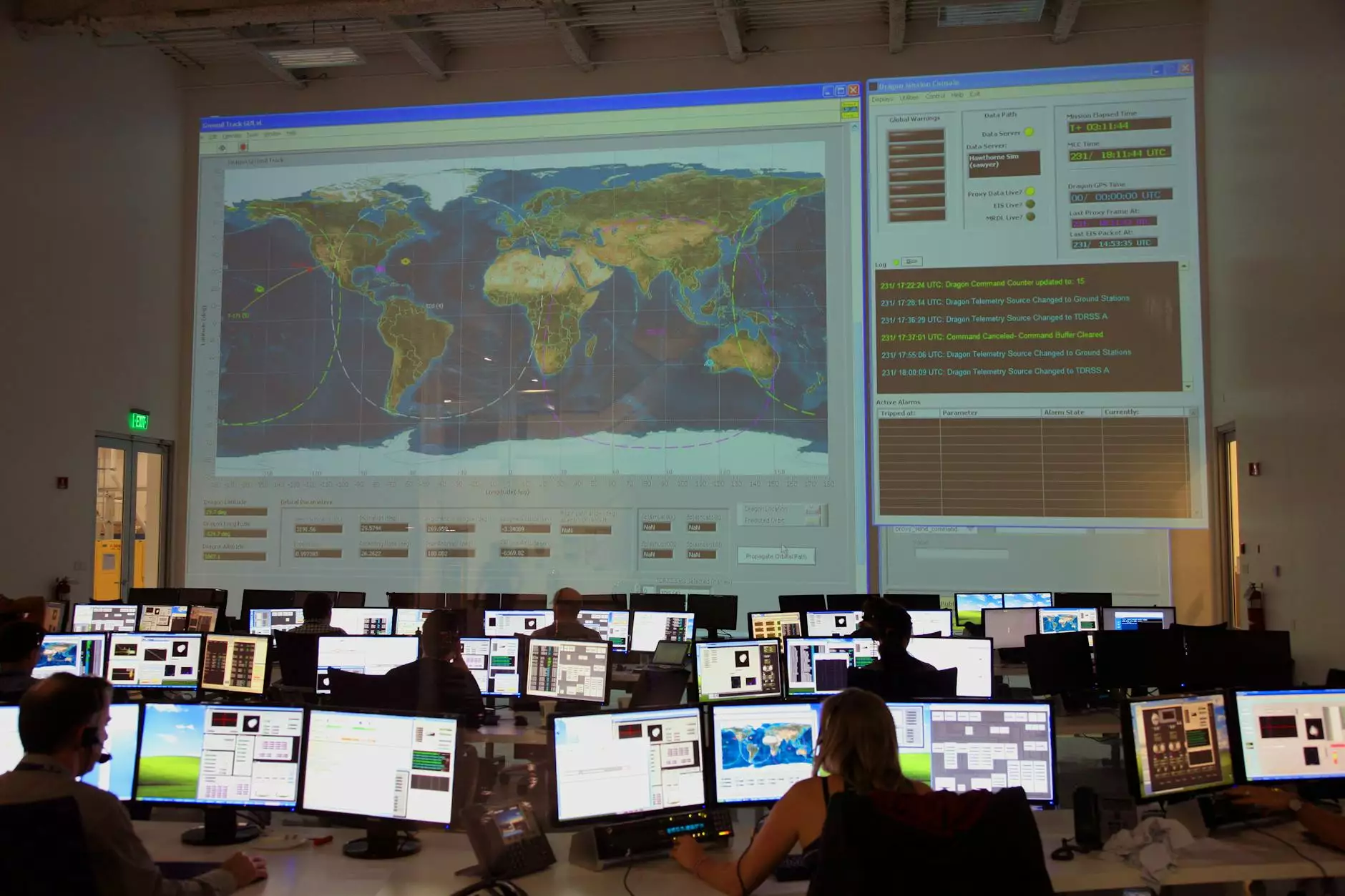The Pros and Cons of Nuclear Power Energy

Understanding Nuclear Power Energy
Nuclear power is a type of energy that is generated from the splitting of uranium atoms in a process called nuclear fission. The heat produced by this process is used to generate steam, which in turn drives turbines to generate electricity.
Pros of Nuclear Power Energy
1. Clean Energy Source: One of the significant advantages of nuclear power is that it is a clean energy source. Unlike fossil fuels, nuclear power does not produce greenhouse gas emissions, which can contribute to climate change.
2. High Energy Output: Nuclear power plants can generate a large amount of electricity from a small amount of fuel. This high energy output is crucial in meeting the increasing energy demands of modern society.
3. Reliability: Nuclear power plants are known for their reliability and consistency in generating electricity. They can operate continuously for long periods, ensuring a stable source of energy.
Cons of Nuclear Power Energy
1. Nuclear Accidents: One of the main concerns associated with nuclear power is the risk of nuclear accidents, such as Chernobyl and Fukushima. These incidents have raised safety concerns among the public.
2. Radioactive Waste: Nuclear power plants produce radioactive waste that remains hazardous for thousands of years. Proper disposal and management of this waste pose significant environmental challenges.
3. High Initial Costs: Building nuclear power plants requires substantial capital investment. The high initial costs associated with nuclear power projects can make them financially challenging.
Conclusion
Ultimately, the decision to use nuclear power energy comes down to weighing the pros and cons. While nuclear power offers a reliable source of clean energy, it also poses risks and challenges that cannot be ignored. It is essential to continue exploring and developing alternative energy sources while addressing the issues surrounding nuclear power.
nuclear power energy pros and cons








